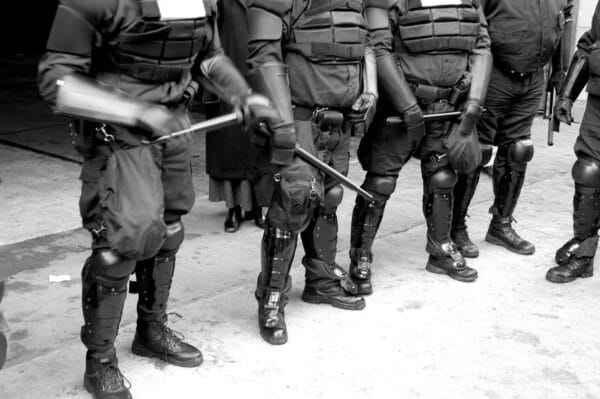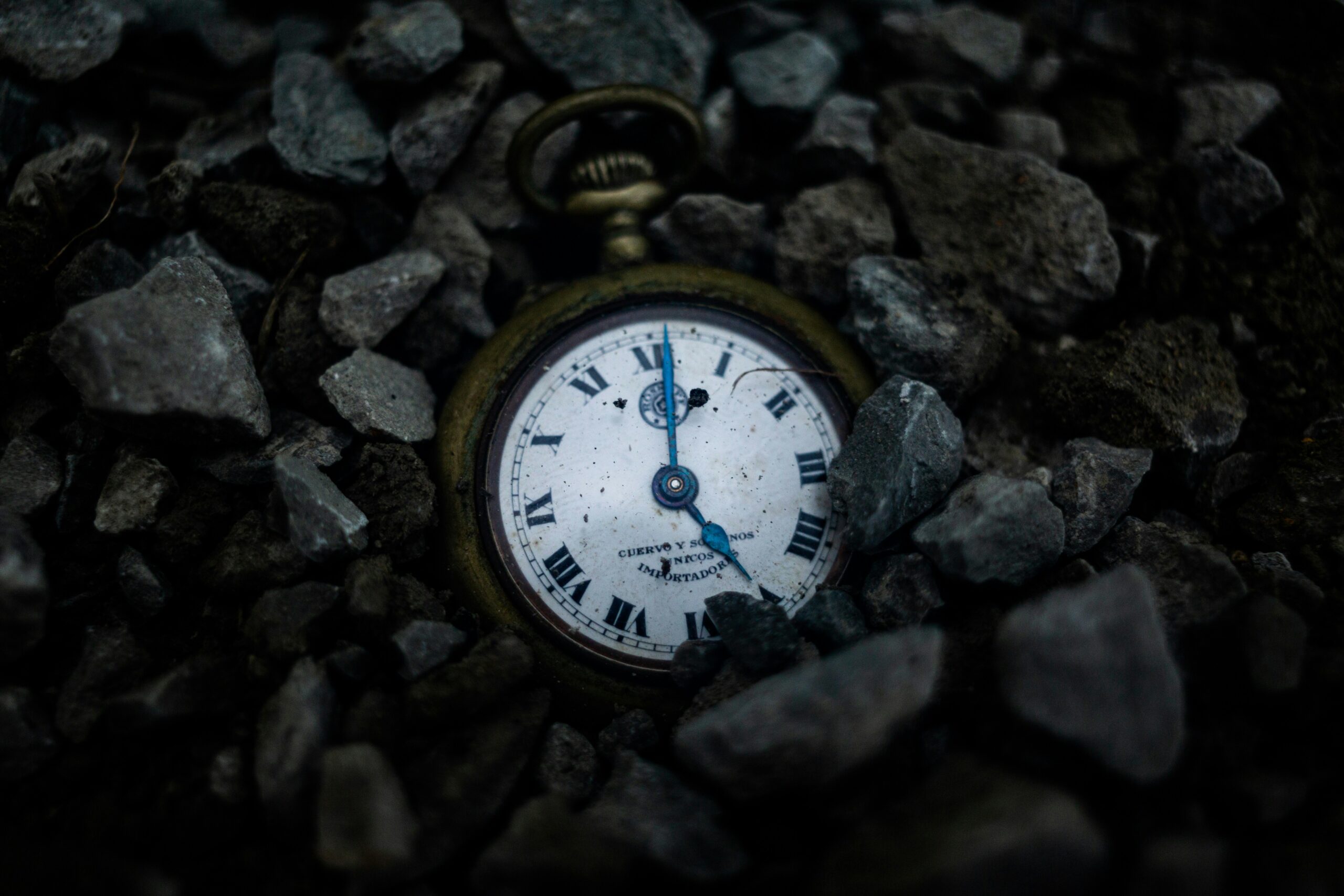Refugees around the globe are not just a hot political topic but a moral challenge to us all. Today’s headlines represent a historic constant about the nature of those who observe such tragedies. In every prior generation, there were concerned bystanders who could have been rescuers but efforts were often too little or too late. Good intentions are important but action is critical. Such a story is part of Torah too.
In parashat Vayeshev, Joseph is sent off to find his brothers with their flocks. Upon his arrival they plan to kill him. Older brother Reuben heard the plan, interceded and said: ‘Let us not take his life.’ Instead, at Reuben’s suggestion, Joseph is dropped into a pit. However, Reuben leaves the scene and the remaining brothers sell Joseph into slavery. Reuben returns and says: “The lad is not; and as for me, where shall I go?” Some commentators say this is an internal dialogue not shared out loud by Reuben with his brothers, representing his repentance at his failure to save Joseph.
How much are we like Reuben – expressing concern and then turning our backs on refugees in the pit? How much do we express outrage after they die but do little to help them live?
For Jews, bystander status is untenable. We, whose history has been the persecuted and the refugee, have been quick to call to task a world that stood by as Jews perished at Nazi hands. Jews have a moral imperative to intercede and not leave the scene. And some of us are rising to this challenge, such as the Jewish Joint Distribution Committee and Jewish Coalition for Disaster Relief. In Canada, whole synagogues are pitching in to sponsor Syrian refugees. By contrast, U.S. politics (and some U.S. Jewish advocates) rail against Syrian refugee re-settlement, prompting one op-ed writer to ask, “How Can We Call Ourselves Jews and Bar Syrian Refugees?”
We return to the Torah and rewrite Reuben’s question for today, “If we don’t jump in and help, then where are we going?” I myself have done little more than sign a petition, donate to HIAS, and express concern. I console myself with faint hope that the world will be gracious (but how often has the world been gracious?). I reason that bureaucracy is necessary for security reasons. I reason, I think, I weigh, I wonder, I hope: like Reuben, I go to a largely ineffectual inner dialogue that’s mostly about Reuben and not really about Joseph, sitting in the pit. How many of us similarly respond with inner dialogue that’s mostly about us and not really about war-torn Syria’s refugees?
I am reminded of Hillel’s saying, “If I am not for myself, who will be for me? But if I am only for myself, who am I? If not now, when?” (Ethics of the Fathers, 1:14) Each of us is balancing the need to care for ourselves and care for others. But if not now, as Reuben learned, then people will suffer.
Now means now. While we talk within ourselves and among ourselves, refugees are suffering and people are dying. Let’s not be Reuben anymore. (if you agree please share this blog post and take action).
R’ Evan Krame and R’ David Markus





